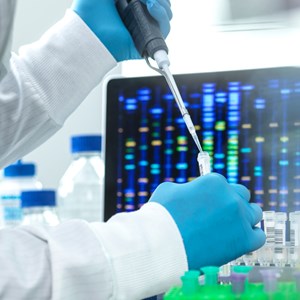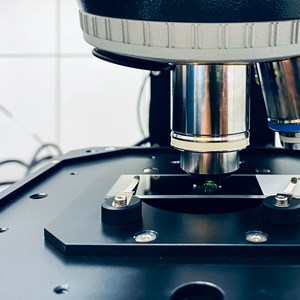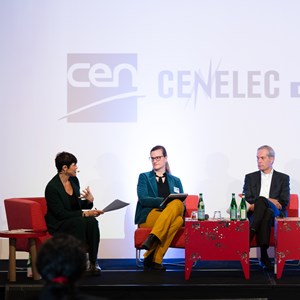NEWS

The planned CEN and CENELEC Workshop intends to develop a CEN and CENELEC Workshop Agreement (CWA) describing a 'Methodology for the data-driven management of production processes', which allows to document the process lifecycle and gain knowledge through its application.

The objective of forensic methods is to obtain results with a measurement quality relevant (e.g., consistent, reliable and accurate) for the criminal justice system. This means that during the introduction or implementation of new forensic methods/technologies a specific step must be taken to prove in an objective way that the method is suitable for its intended use.

The Smart Readiness Indicator (SRI) calculation is an auditing process aiming at assessing the automation and control aspects of building. It requires a structured chronological sequence and corresponding obligations in terms of scope, aims and thoroughness. The SRI assessment requires inspection both of physical and operational aspects of building technical systems, including automation and control of building services.

This workshop is motivated by the industry need to identify and clarify the performance criteria of paint and coating systems for defence and security applications. There are numerous international, European, and national paint standards, but they do not take account of military constraints, which are different from those in the civilian sector. This is especially true of testing and performances criteria for land, air, and naval weapons.

More data is being generated than ever before. The global volume of data has doubled between 2018 and 2022 and is expected to double again between 2022 and 2025.

The CEN-CENELEC Workshop on ‘Innovative solutions for user centric charging infrastructure for electric vehicles' was kicked off on 7 July 2023.

Standardisation of Raman devices and Raman data spectroscopy is receiving strong interest in recent years due to the broad expansion in number and type of Raman devices and the need to assure data exchange and data consistency along devices and the across different units and sampling configurations.

The EU-funded Sea4Value project (GA no. N°869703) is the first attempt to recover minerals and metals from brines produced in seawater desalination plants in a cost-effective way.

This CEN/WS intends to develop a CWA (Workshop Agreement): Tentative title: ” Aluminium And Its Alloys. Fluidity Evaluation Via Multi Strip Testing Moulds”

Brussels, 13 December - How can Europe successfully generate and implement carbon-free electricity to support its climate neutrality and Green Deal plans? On 5 December, a stakeholders’ workshop organized by CEN, CENELEC, and DKE explored how standards can support the achievement of an All-Electric Society and the transition of Europe towards Net-Zero.